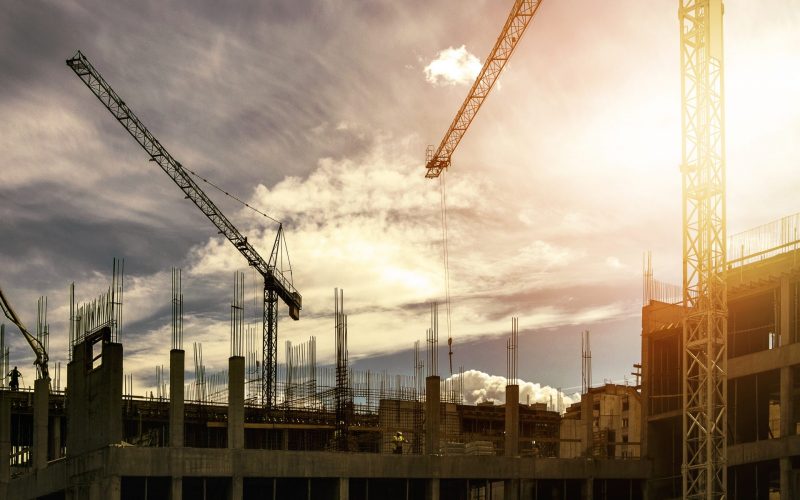Summary:
- The African Continental Free Trade Area (AfCFTA) has great potential to boost regional trade and improve the economic circumstances of millions of Africans. However, this will only be possible if regional infrastructure is improved.
- Climate change has increasingly adverse impacts on countries around the world, particularly in Africa. In fact, climate change is altering the way that infrastructure is built and financed, with the need for demonstrable environmental and social sustainability (over and above financial viability) becoming a standard financing requirement. Yet African countries and institutions often lack the expertise to find bankable, sustainable projects.
- Given these challenges as well as Africa’s growing infrastructure deficit, the Programme for Infrastructure Development in Africa (PIDA), spearheaded by the AU Development Agency and NEPAD (the New Partnership for Africa’s Development), acknowledges the need to develop regional infrastructure more sustainably. Two important vehicles for furthering the Programme’s aims are the Alliance for Green Infrastructure in Africa and the Green Infrastructure Corridor for Intra-African Trade.
- Sustainable regional infrastructure initiatives need to prioritise technical assistance and capacity building, the development of harmonised regional and continental sustainability frameworks, and a more coordinated approach to leveraging available resources. The AfCFTA, in turn, should adopt a strong sustainability focus in support of the continent’s regional infrastructure agenda.
- African policymakers and institutions should learn from other regions, such as the Association of Southeast Nations, which are actively pursuing a regional approach to sustainable infrastructure development.








